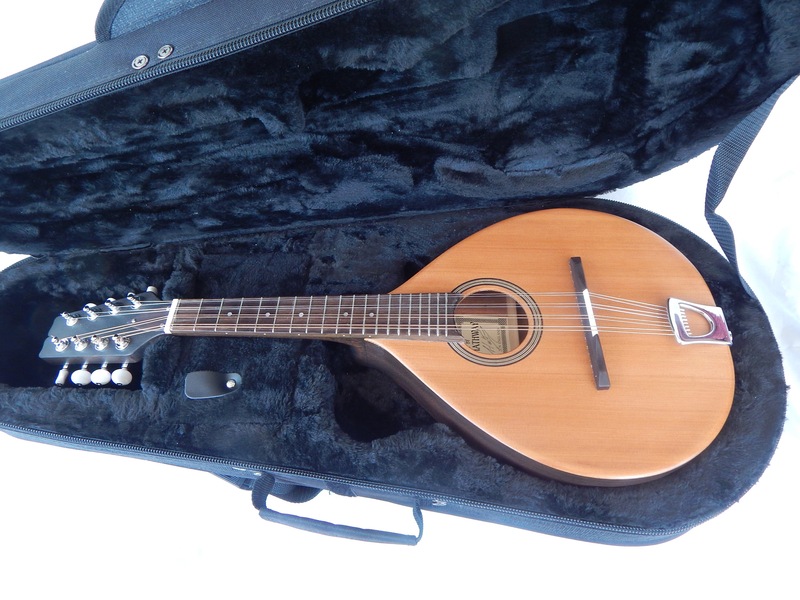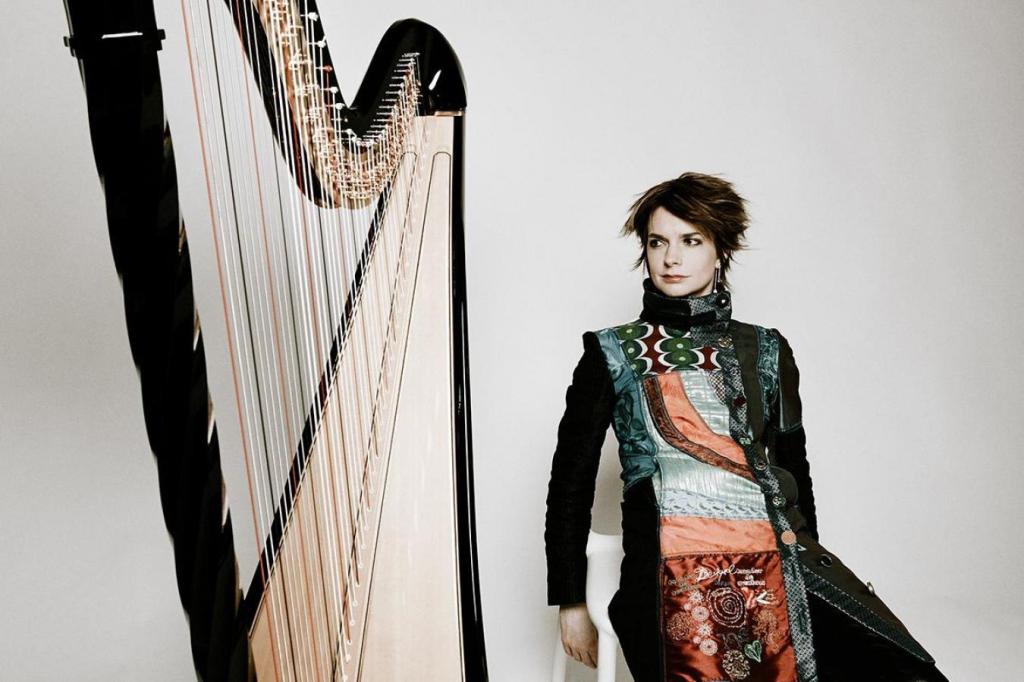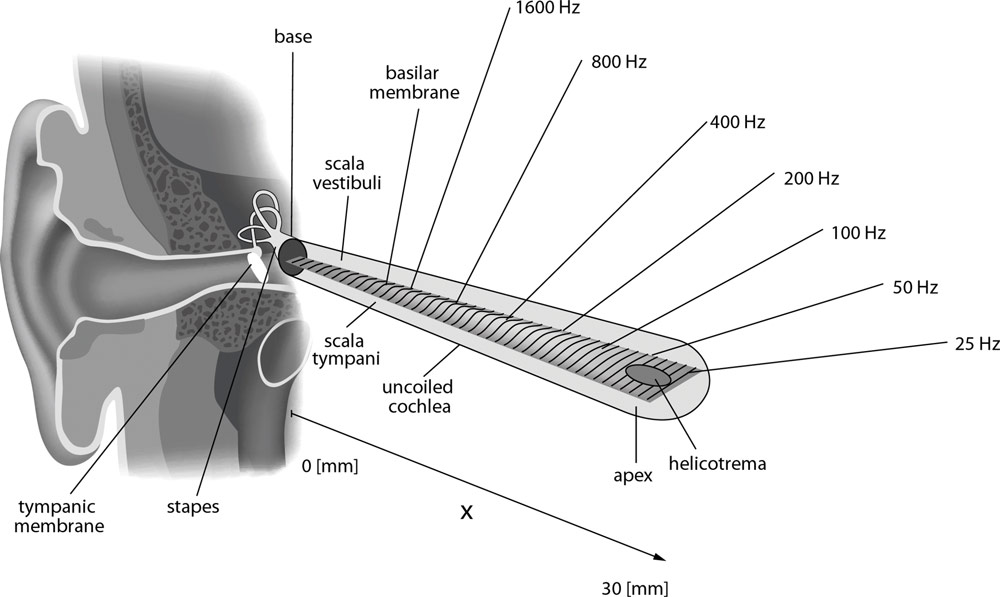I was having a chat with a friend (let’s call him Jimmy) over coffee after church recently. We talked a bit about music, not least as I had just been playing my mandolin in the church worship group for the first time. We are of a similar age-both have grow up children who have left home, and we talked about our tastes in music. I saw classic rockers Wishbone Ash live last week.
The conversation revealed some overlap in our tastes and preferences, and many differences. Jimmy and I both like contemporary singer-songwriters from the 70s onwards, he is more into Paul Simon and Billy Joel, I am more into Joni Mitchell and Bob Dylan. We both like classical music, but different sorts. He used to play the trumpet and sing in choirs, I play guitar and mandolin. We agreed that there was more music in the world than either of us would ever be able to appreciate, but we were content with what we had and happy to pick up some more new stuff now and then.

I told Jimmy how my wife and I were at our orchard once and a piece of music came on the car radio (I often have it on with the windows open while I am working, usually Classic FM or Radio 3) which she instantly loved and asked me to write the name down and get a CD. It was Welsh harpist Katrin Finch and a tune from her ‘Tides’ album. We have since been to see her twice, playing with a Columbian band called Cimmaron. Very good indeed.


Why do we humans like sophisticated music so much? Is it chance, necessity or design? For the Christian it’s fairly simple. God made us in His image, wanted us to be happy, and endowed us with many abilities way beyond what we need to simply survive, because of His generous love. But for the materialist, who believes that we evolved by numerous successive gradual chance modifications from slime via jellyfish, worms, fish, amphibians, reptiles, mammals and ape like ancestors, it’s a problem so difficult that it tends to be ignored or denied.
I read a book on the subject ‘The Singing Neanderthals’ by Steven Mithen, (*) and without wishing to be unduly disrespectful, I thought it was simply so much waffle. In a style I have become used to from evolutionary commentators, a good number of facts are collected (a fossil here, an anecdote there), and then explanations are overlaid on them in order to make them fit the pre-ordained evolutionary narrative. Whatever the data is, they say, it fits evolution because we know that ‘Evolution is true, as the sky is blue.‘ But how is evolution supposed to work?
According to Darwin, Dawkins and the rest of them, to get from an ape like ancestor to a human, genetic accidents happened ‘Lucky, but not too lucky’ as Dawkins puts it, which give the possessor of the new genes an advantage sufficient to enable their improved differential survival. That is what natural selection is, differential survival (also called survival of the fittest). Since this is evolution’s only supposed progressive mechanism, that’s how our ability to appreciate sophisticated music must have evolved, if evolution is true.
Setting aside the very difficult issue as to how our fantastically sophisticated ears developed at all, to say nothing of how our consciousness developed the ability to appreciate a C sharp minor diminished seventh chord, the mixolydian scale, a full orchestra with horns, strings, piano, woodwind and all, or Wagner’s Ring Cycle, or Joni Mitchell’s unusual guitar tunings and wistful voice and lyrics, how on Earth would the development of such abilities give individuals and reproductive groups a sufficient competitive edge against other developing pre-humans whose ability to appreciate sophisticated music had not evolved? Surely sheer brute force and aggression would give much more of an advantage in reproductive success?
Think about the music of Bach, Beethoven, Shostakovich, Mozart, Miles Davis or whoever your favourite musician or composer is-and think of the gap between us and the apes in music appreciation. Is it likely that the ability to imagine, produce and appreciate sophisticated music could really have evolved by natural selection acting on random mutations?
Consider the design of the human ear. To call it very complicated is an understatement. the following diagram, taken from Creation.com, is complicated enough, but it is a simplification and doesn’t include the sophisticated ‘software’ in the brain which enables us to receive, make sense of, interpret and appreciate music.

We humans spend a lot of money, time and trouble on music. I recently attended-and enjoyed- a packed out performance of Das Rheingold at Covent Garden, mist tickets were priced between £150 and £300. I have spend maybe £10,000 on CDs over the last 20 years, I spent about £1,000 attending 3 music festivals so far this year. And it’s not just me. A Stradivarius violin or a vintage guitar can sell for huge sums, indicating that even rock musicians have sophisticated tastes in music. But what survival value does music give us? Enough to make the difference between life and death? Enough enhancement to reproductive success to change the course of our supposed evolution from ape like ancestor to human? It’s hard to imagine, certainly impossible to observe. It’s much more reasonable to suppose that our ability to create and enjoy music is a God-given gift. And it is one for which I am (as C S Lewis was-big fan of Wagner) truly thankful.
This article on the Creation Ministries International site discusses attributes that humans have but animals don’t, including the ability to appreciate music.